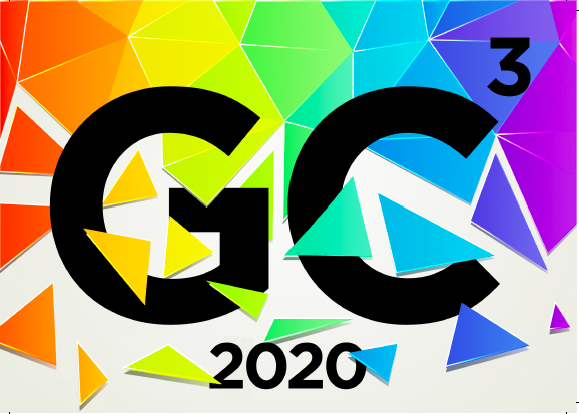Gender Complexity, Collaboration, Connectedness (GC3),
Gender and Education Association International conference,
Hosted by the University of Calgary, Werklund School of Education
June 15th-18th, 2020
Call for Papers
CfP deadline: 30th November 2019
The Gender and Education Association is seeking contributions to our 2020 International Conference, hosted by the Werklund School of Education at the University of Calgary.
The 2020 GEA conference theme, Gender Complexity, Collaboration, Connectedness (GC3), reflects on the pillar of gender as a central identifier in education. The primary goal this year is to provoke conversations attentive to the complexity of gender particularly as it relates to the current social, political context. The (dis)locating identities from a gendered lens speaks to the diverse and complex ways people are positioned, counted and made to matter through empowering and dis-empowering practices and knowledges. Nationally, internationally and locally we are witness to Calls to Action and the need for respectful dialogue across communities for greater intercultural understandings. We are in the midst of a troubling and troubled landscape wherein identity politics are used and misused.
The conference will be responsive to and reflective of the ways in which gender is complexly located within education. The complexity of gender points to the intersectionality and the matrices of power associated with gender in education. This conference will variously address the messiness of gender in the practical and theoretical realm with consideration of the implications this has for those in education as well as those outside of education.
It is also a conference that will address collaboration both in the purest sense in which gender is a collaborative process through which we are authored and co-authored as well as in the broader sense that feminists engage in collaborative research and activism to disrupt normative ideologies. Collaboration is highly valued and promoted and in fact, during this conference our team will endeavor to promote opportunities for collaboration and community, spaces and places throughout the conference that prompt dialogue and nurture national and international collaboration.
Finally, this conference is intended to speak to the connectedness possible when theory meets practice. A significant component of this year’s conference is the ways that theory informs and provides for practical implications particularly in education.This conference will showcase the complexity of gender in education at a time when mainstream rhetoric and the politicization of identities may in fact need it the most. This conference will dislodge deeply held views and understandings from the us/them, win/lose, he/she renderings of education realities and instead invite, nurture and encourage collaborative non-exclusionary understandings for a more fluid frame of reference with/in education. Navigating the theoretical and pedagogical, this conference is designed to open dialogues to collaboration.
A number of conference speakers have been confirmed:
- Dr. Tracey Bear
- Dr. Jessica Fields
- Dr. Lance McCready
- Dr. C J Pascoe
- Dr. Rebecca Raby
- Dr. Shirley Anne Tate
- Dr. Kristopher Wells
We invite papers that address some of the following themes, although this is not an exhaustive list:
- Gender policies and practices in schooling and higher education
- Gendered educational subjects
- Researching and theorizing gender
- Community and practitioner engagements with gender
- Intersectional Feminisms
- Indigenous gender knowledges and education
- LGBTQ2S, conceptions of queerness
- Gender activism and social movements
- Decolonizing gender and education
- Gender (re) arrangements in educational spaces,
- Gendered subjectivities, becoming, doing and being gendered
- Trans-inclusive spaces/practices
- Non-binary & gender non-conformity
- Gender Equity, Diversity and Transformations
- Sexual Diversity and Cultures
- Learning and unlearning gender
- Relationship and Sexuality Education
- Gender in curriculum
- Disability and ableism in education
- Gendered and Sexual bullying, harassment, and violence
- Racism in education
- Class and classism in education
- Gender Attainment, Achievement, Testing & (in)equalities
- Health education, bodies and gender
- Heteronormativity, homophobia and responses
- Education and social justice
- Neoliberalism in education
- Digital gender and sexual cultures
- Gendered educational data, & datification
- Quantification, metrics, & gender
- Feminist pedagogies and praxis
- Male femininities, female masculinities
For a full outline of the #GEAconf2020 theme, and to find out how to submit a paper please visit the main conference website here.


